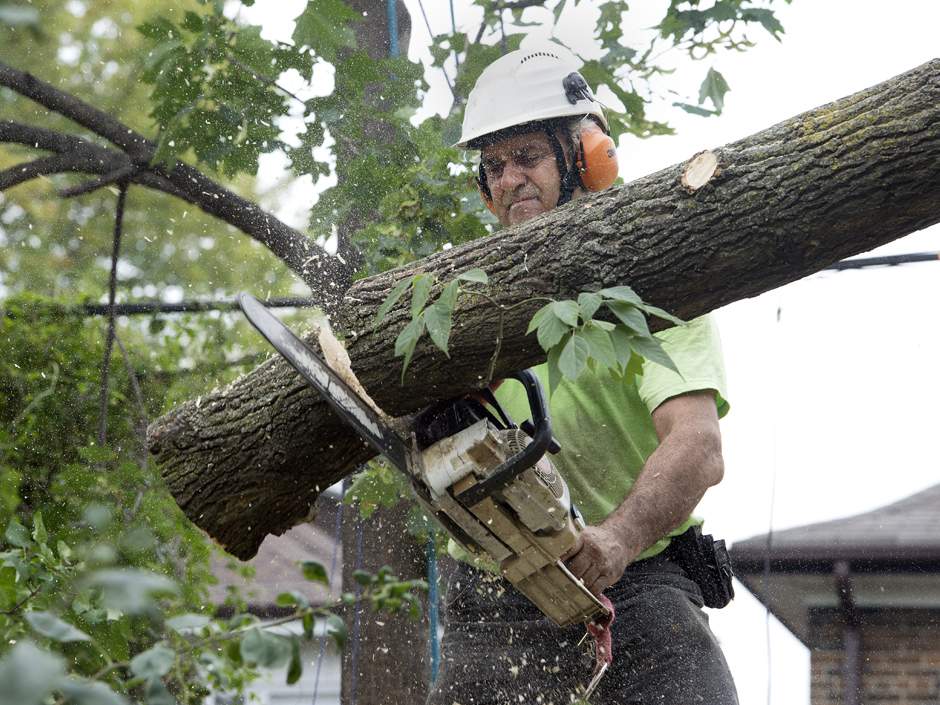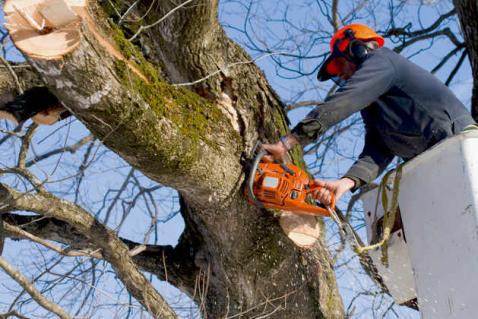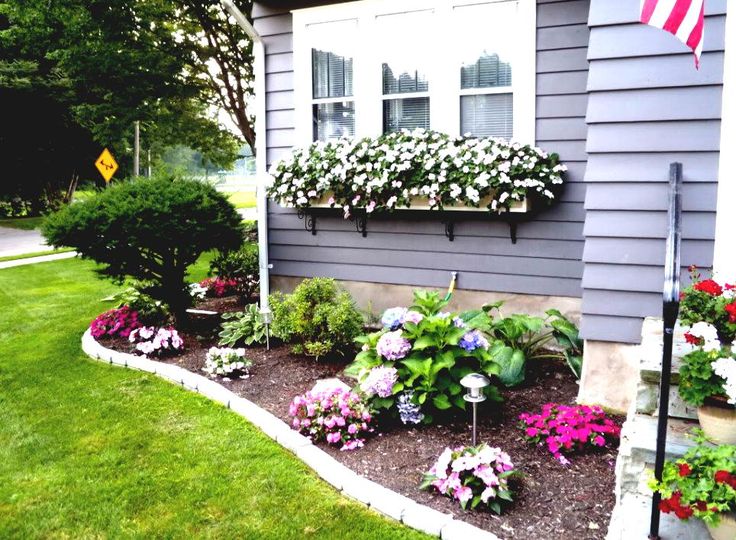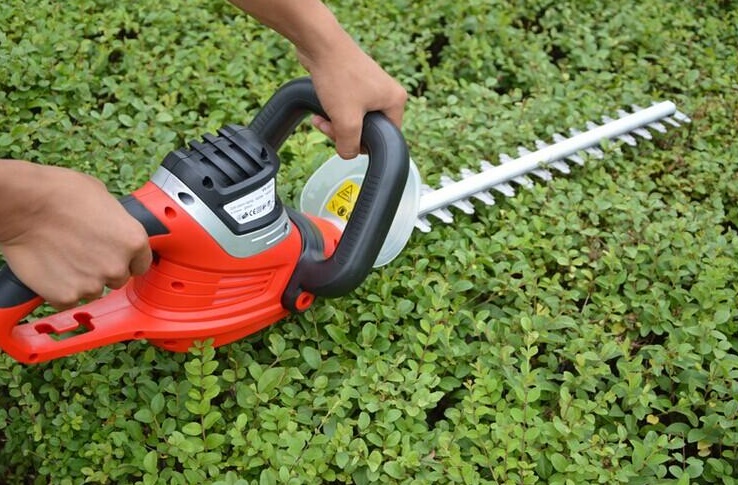If you live in a place where storms and hurricanes are very common, there must be a huge list of problems that you face after a cruel natural disaster. It’s not in our hands that we can control these deadly storms, and therefore look for more new ways to protect ourselves and homes from the terrible devastation. With this in mind, we are up with a list featuring some handy tips that can really help lower the impact of a natural disaster.
Inspect Trees
Trees are probably one of those things that can lead to a great loss. If your area has been given a threat for possible storms or hurricanes, it’s better that you should take some stringent steps to get yourself ready for the tough time. You need to check all the trees coming in the way to your property. Once you understand what kinds of consequences you can face due to tree falling, you’ll start giving more importance to trees than anything else. You’ll look for more new ways to protect your home from the damage caused by falling trees. A strong, heavy storm can even break the most sturdy trees, damaging your property to a great extent. You should get into the habit of trimming your trees in order to make them less dangerous. You also need to keep tabs on all the trees that you think can cause a great damage. If you encounter any weak tree that can easily break due to gusty winds, cut it down as soon as possible.
Waterproof your home
Remove debris and leaves from your gutters that can clog water. You need to carry out a big inspection task to make sure your home is all safe from the crakes and leakages. You may do it yourself or avail services from a service provider who has the right tools to deliver satisfying results.
Be ready for the storm
It can come anytime without letting you know. So, it’s highly recommended that you should always be ready for the next disaster. Store everything like food, batteries or gas, which are supposed to be vital for staying alive. You might be stuck in your home for a week or even for a month. So, you should be well equipped with all the stuff necessary to stay alive.
Prepare an emergency or disaster kit
It includes everything you think can help in tough times. It should consist of emergency lights or flashlights that can help during electricity breakdown, battery operated radio and a landline handset that is not cordless (so you don’t need electricity to keep in contact with others). The Red Cross recommends stashing a seven-day supply of water and food for everyone living at your home. You should also keep some extra cash at home to continue availing different services in case of any ATM outage.
How you look at this story? Please feel free to let us know your valuable views and feedbacks using the comment section below. We love hearing back from you!

Joan Woolf is a home blogger who loves to share her experiences with others. She likes being motivated and encourages people to be the best they can be.












